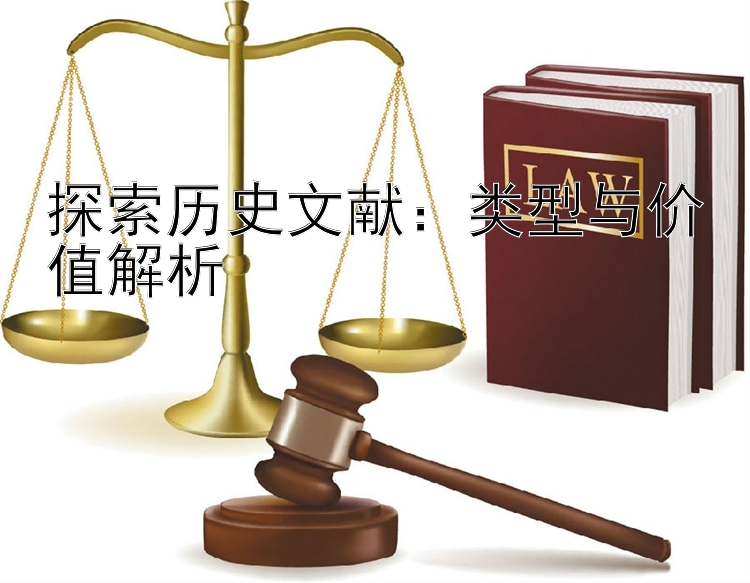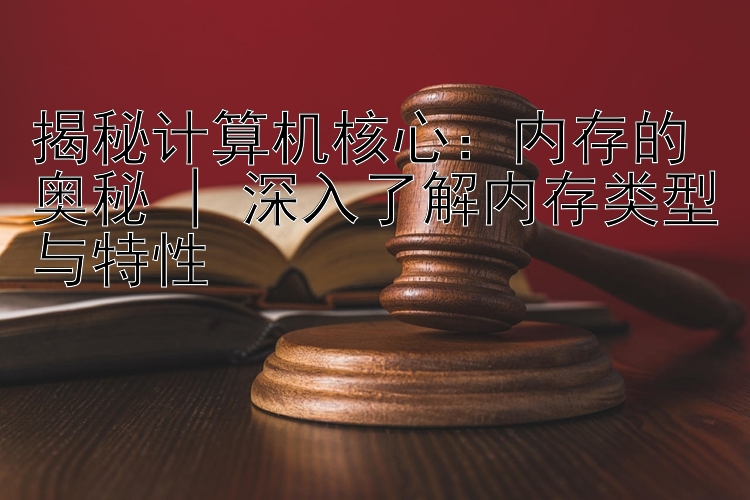探索历史文献:类型与价值解析
探索历史文献:类型与价值解析
引言: 在法律领域, history of the law》(1861) by Sir Henry Maine, which examines the evolution of legal systems from ancient times to the 19th century.
-
Legislative Histories: These documents trace the development of a particular law or statute from its inception as a bill through its approval and enactment by the legislative body. They include drafts, committee reports, debates, and amendments. Such histories provide insight into the intent and purpose behind the law.
-
Case Law: Decisions by courts form a critical part of legal history, especially in common law jurisdictions. Case law includes the decisions of appellate courts, which are often published and cited as precedent. These decisions contribute to the development of legal principles and doctrines.
-
Treatises and Commentaries: Written by legal scholars and practitioners, treatises and commentaries offer in-depth analysis and interpretation of legal principles, statutes, and case law. They provide valuable insight into the application of legal doctrines and their evolution over time.
-
Archival Records: These include a wide range of documents such as court records, legislative records, and administrative documents. They offer a glimpse into the legal processes and practices of the past.
Value of Historical Legal Literature:
-
Understanding Legal Principles: Historical literature helps in understanding the evolution of legal principles and doctrines, providing context for their application in contemporary legal issues.
-
Legal Research and Analysis: Researchers and practitioners use historical documents to trace the development of legal concepts and to analyze changes over time, which is crucial for informed legal argumentation.
-
Legislative Intent: Legislative histories are invaluable for ascertaining the intent behind the enactment of laws, which is often critical in statutory interpretation.
-
Precedent and Case Law Development: Understanding historical case law is essential for lawyers and judges in common law jurisdictions, as it forms the basis of legal reasoning and decision-making.
-
Policy Making: Historical legal literature can inform current policy debates by providing lessons from past legal reforms and their outcomes.
Case Study: The Evolution of Copyright Law
The evolution of copyright law provides a compelling example of the value of historical legal literature. The Statute of Anne (1710) is considered the first copyright statute, establishing the rights of publishers to control the printing of books. Over time, copyright law has expanded to cover various forms of expression, including digital content, as reflected in the Berne Convention for the Protection of Literary and Artistic Works (1886) and the Digital Millennium Copyright Act (DMCA) in the United States (1998).
An analysis of these documents reveals the shifting societal and technological contexts that have influenced copyright law, from the printing press to the internet. This historical perspective is crucial for understanding the ongoing debates over copyright in the digital age, including issues such as fair use, digital rights management, and the rights of creators versus consumers.
Conclusion:
Historical legal literature is a treasure trove of knowledge that offers insights into the development and evolution of law. It provides context, understanding, and guidance for contemporary legal practice and scholarship. By exploring historical documents, legal professionals and scholars can gain a deeper appreciation of the law's complexity and its adaptation to societal changes over time.





